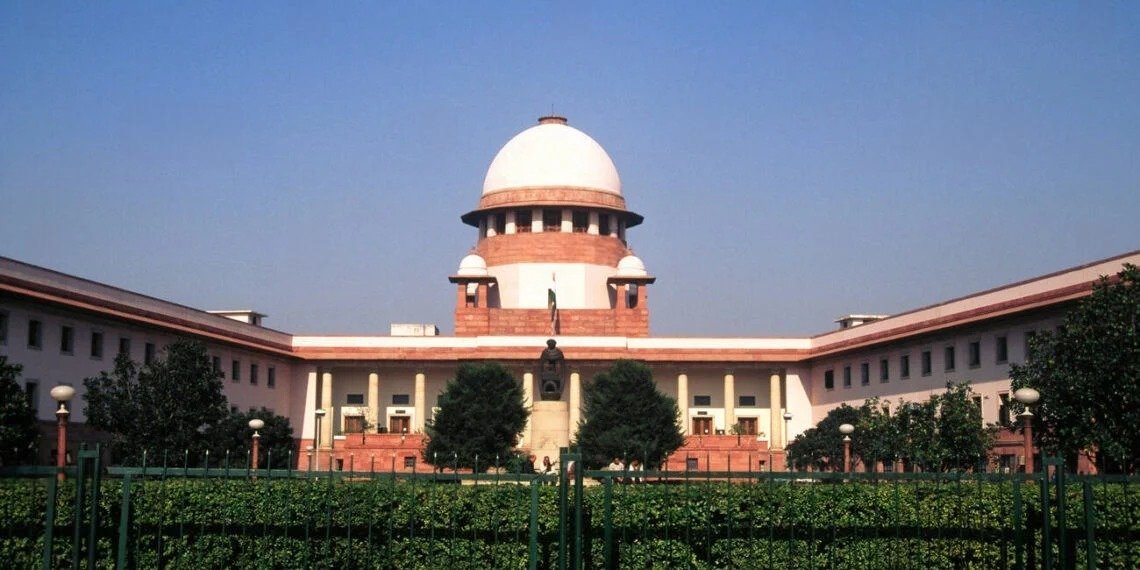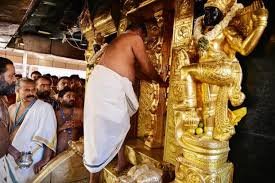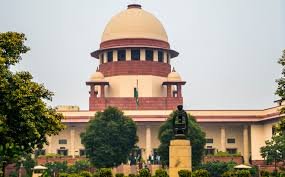The Patna High Court had earlier slammed the “naked eye” valuation of a seized Tata Safari, calling it arbitrary and unjust.
BY PC BUreau
August 27, 2025: The Supreme Court has decided to examine the legality of Section 58 of the Bihar Prohibition and Excise Act, 2016, a provision that empowers District Collectors to confiscate vehicles and properties involved in offences under the Act.
READ: Twin directives to NFSL in Biren Singh Alleged Tape Case
A bench of Chief Justice of India B.R. Gavai and Justices K. Vinod Chandran and N.V. Anjaria recently issued notice on a petition filed by the State of Bihar. The State has challenged a ruling of the Patna High Court, which criticised the arbitrary manner of confiscation and auction of a respondent’s vehicle and directed the State to pay him ₹1.65 lakh in compensation.
The respondent, Shankar Baranwal, had approached the High Court against the confiscation of his Tata Safari, seized in 2020 after officials alleged it was carrying six bottles of liquor in violation of the prohibition law. The confiscation proceedings concluded in 2021, and Baranwal lost both his statutory appeals. His car was auctioned in 2022.
At the time of seizure, the vehicle — purchased in 2013 for around ₹14 lakh — was already seven years old. The Additional District Transport Officer (ADTO) valued it at ₹3.2 lakh, but it was ultimately auctioned for ₹1.85 lakh, nearly half of that amount.
READ: PUCL Report Under Fire: Cong MP Akoijam Says It Fuels Division, Ignores Ground Realities
The Patna High Court came down heavily on this practice, observing that Motor Vehicle Inspectors in Bihar routinely conduct “wholesale” and “random” valuations without reference to individual condition, depreciation policies, or insurance benchmarks. It remarked that bureaucrats cannot rely on “naked eye assessments” to value property, warning that such methods harm both the state exchequer and affected citizens.
The High Court further noted that such arbitrary auctions amounted to injustice and financial loss for property owners. It ordered the State to pay ₹1.65 lakh to Baranwal, while directing the ADTO to personally pay ₹1.35 lakh for the irregular valuation.
Challenging this decision, the Bihar government argued before the Supreme Court that the High Court’s interference was unwarranted and that Section 58 of the Act, along with Rules 12A and 12B of the 2021 Rules, gave legal sanction to confiscation proceedings.
The Supreme Court, however, stayed the High Court’s compensation direction against the valuer, while signalling its intention to consider the constitutional validity of Section 58 and the corresponding Rules. “Issue notice, since we are inclined to consider the question with regard to validity of Section 58 of the Bihar Prohibition and Excise Act, 2016 read with Rules 12A and 12B of the Bihar Prohibition and Excise Rules, 2021,” the bench observed.
The matter will now be heard in detail in the coming weeks.














